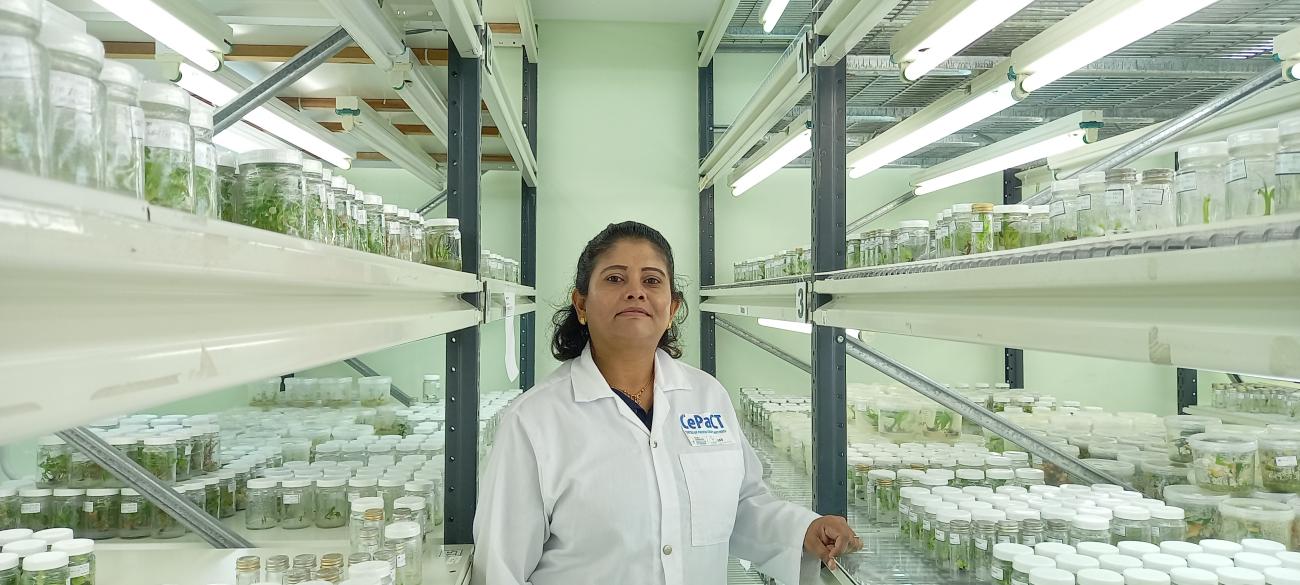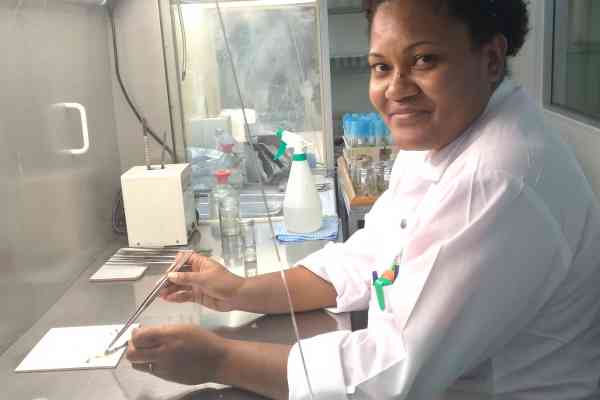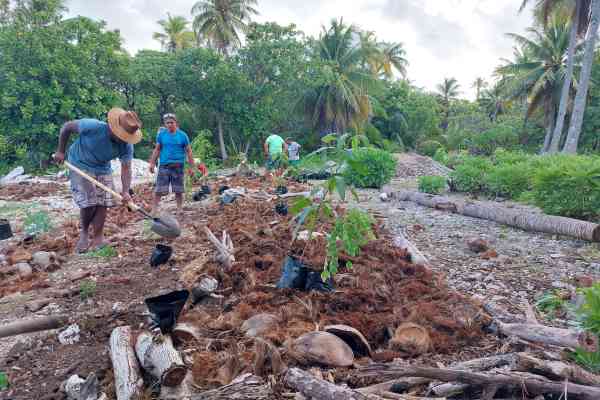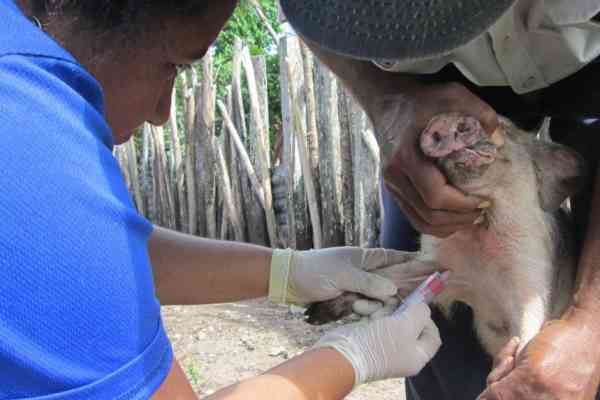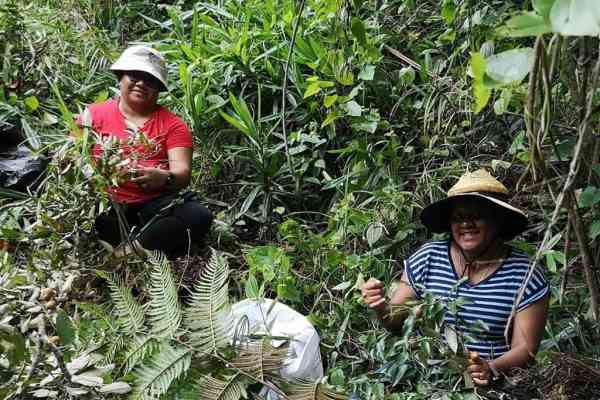(Contenu disponible en anglais uniquement)
SPC’s Land Resources Division is promoting a series of features and interviews that highlight its leading-edge science based research to promote a sustainable and resilient future for all Pacific people. Today, we talk with Arshni Shandil, a plant biologist that has greatly advanced her knowledge and research skills as an integral member of the CePaCT team.
Could you briefly describe your academic or professional background and how it has led you to pursue this research opportunity?
I am a plant biologist with over 16 years’ experience at the Centre for Pacific Crops and Trees (CePaCT) at SPC. I am specialised in tissue-culture initiation, conservation (18 crops) and sustainable use of plant genetic resources. When I joined SPC, the highest qualification I had was Diploma in Environmental Science from Fiji Institute of Technology. Over these years at SPC, I was able to complete a Bachelors degree in environmental studies, a post graduate Diploma in Climate Change and a Masters of Science in Biology. This was only possible with SPC as it allows us to upgrade our education with work.
Can you tell me about a prominent research project in your career and what inspired you to pursue it What were your main objectives or goals?
As part of the master’s programme at USP (University of the South Pacific), I completed a research project on comparative early growth performance of four selected sweet potato (Ipomoea batatas) varieties under different water moisture levels. Sweet potato is a food security crop and it can be harvested within 3 to 6 months. It can also be produced year-round in tropical countries. SPC assists Pacific Island Countries to conserve the region’s genetic resources and provides access to the genetic diversity when needed. My main objective was to identify the best performing variety subjected to different water stress conditions and to determine the growth performance of sweet potato varieties by analysing the growth parameters.
What specific challenges or obstacles have you faced during your research, and how have you overcome them?
Supervisors leaving the University and organisation while you are conducting your research, and subsequently having to look for a replacement supervisor. When a supervisor leaves, research slows down, leaving gaps. It takes time for a new supervisor to absorb research procedure. Balancing work with studies while writing up the thesis was also a challenge, but I met it by working extra hours to cover time for studies or taking leave.
How has the environment at SPC LRD influenced your research? Are there any unique resources or opportunities you have been able to access?
I have gained knowledge through my experience at SPC. I have gained experience in my field of work by attending trainings in and outside the organisation, learning from participating in conferences. All these experiences helped me to complete my research successfully.
In what ways has your research enhanced your personal and professional development?
My research has led in upgrading my qualifications to a Master of Science degree in Biology. Upgrading my qualifications has given me more courage at work in the field of research. I have progressed well in my field of work.
Are there any specific skills or knowledge areas that you have gained or improved upon?
My research internship has upgraded my research skills, problem solving and project management skills. I am able to analyse, interpret, evaluate and make proper decisions in my area of work. When I make decisions, I use logic and reasoning and ensure I have gathered all the information I need. I then use the facts to weigh different options and evaluate the likelihood of each outcome. I make the best decision for my ideal scenario.
Could you shed some light on the organizations or institutions that have played a part in supporting your journey?
SPC has provided with all the research materials while conducting research in my field of study. This journey would not have been possible without the support of SPC, LRD and CePaCT.
Lastly, is there anything else you would like to add or any advice you would give to other students or aspiring researchers/interns who may be interested in similar areas of study?
Have a positive attitude and learn something new every day. Commitment is very important in life: if you say you are going to do something, make sure you do it. There are three things that never come back: time, spoken words and lost opportunity.
